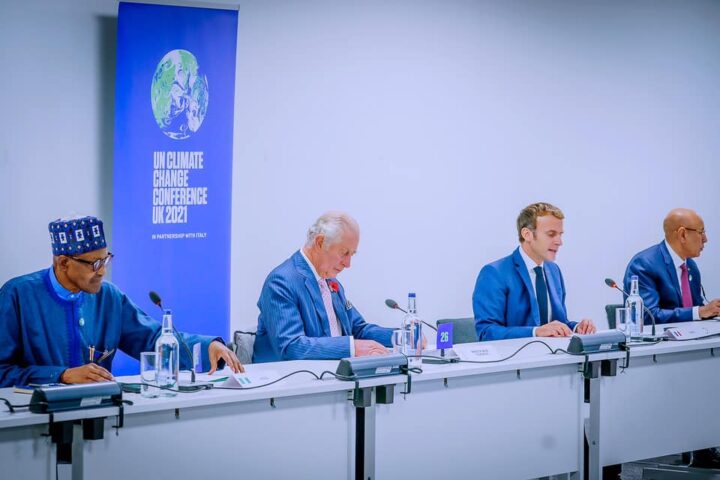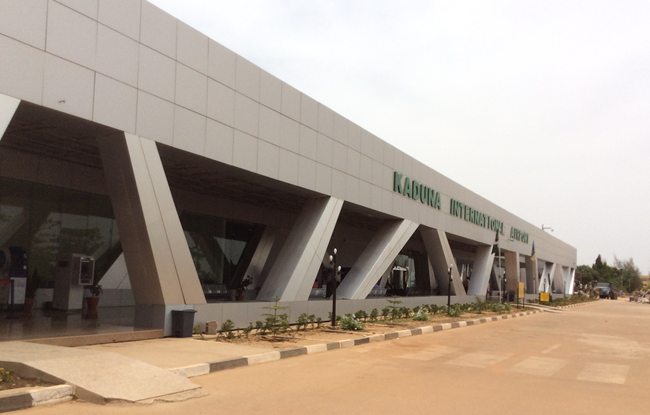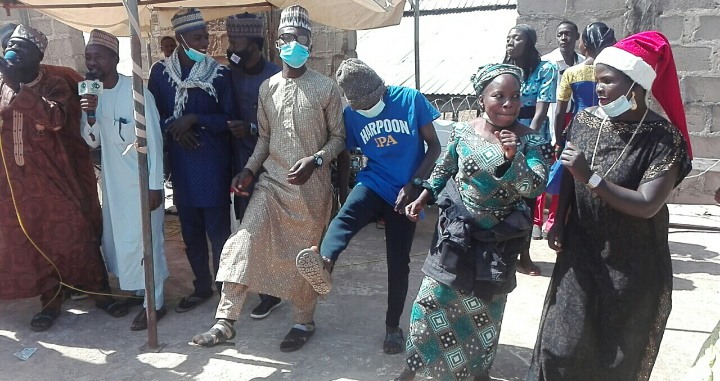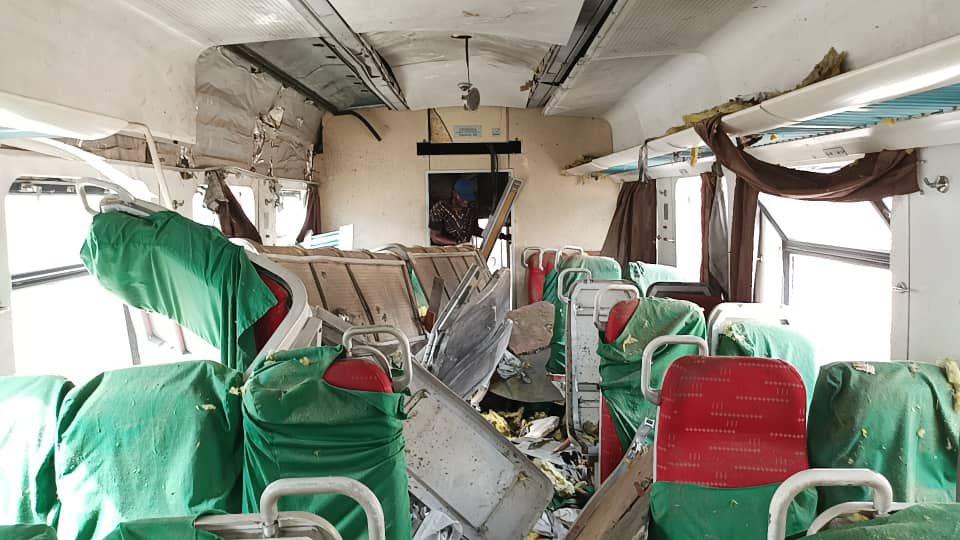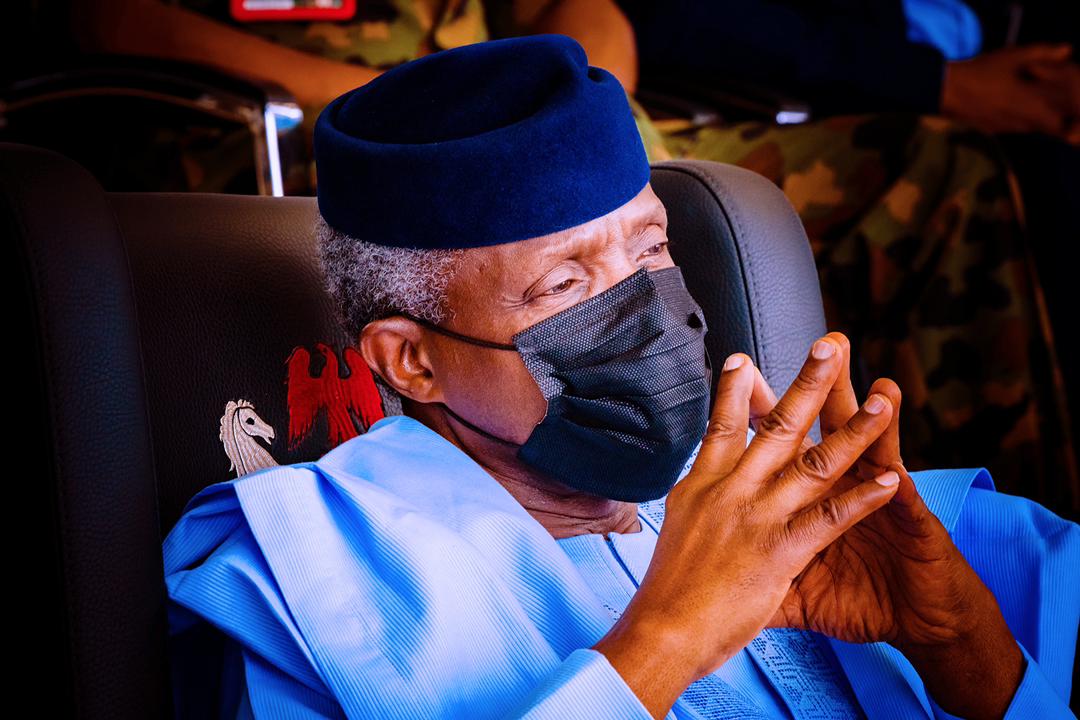BY WOLE HAMMOND AND IFEOMA MALO
Africa’s climate situation is indeed a peculiar one – the continent contributes about three percent of global emissions but faces devastating impacts of climate change including floods, droughts, desertification and extreme weather events.
In spite of these challenges, African countries continue to lead both individual and collective efforts to mitigate and adapt to climate change. Gabon has become a leading green nation by protecting its forests, Rwanda has progressive mitigation plans, the Gambia is showing the world that climate action is achievable, Kenya’s blue carbon projects are pioneering initiatives, Nigeria recently committed to reaching net-zero by 2060, South Africa is phasing down coal and Morocco is scaling green energy adoption.
WHY IS THIS AGENDA IMPORTANT?
Advertisement
A webinar organized by Clean Technology Hub and the African Climate Reality Project titled “Beyond COP26: Actualizing Africa Climate Agenda” featured leading climate change and development thought-leaders including Nnimmo Bassey, founder/director, Health of Mother Earth Foundation (HOMEF); Anzetse Were, senior economist at the Financial Sector Deepening (FSD) Kenya and was moderated by Gloria Bulus, West Africa regional coordinator, Africa Climate Reality Project. This dialogue stemmed from the need to set a methodical climate change agenda and shape the narrative to address developmental challenges in the face of climate change, and the need for Africans to define and lead this agenda.
Bassey in his opening remark highlighted that Africa can no longer be discounted in the climate change conversation. He noted that the fact that the continent has contributed least to the climate-warming greenhouse gasses (GHG) cannot be glossed over by the global community. Similarly, the loss and damage (L&D) on the continent – and other vulnerable nations – must not be brushed off. This comes after the lack of a robust framework for L&D under the Santiago Network and pushback from developed countries on the creation of a special fund for L&D at Glasgow.
“As the world still celebrates the Paris Agreement and its temperature targets, it is important to note that the targets will remain unrealistic if high-polluting nations continue with the regime of voluntary emissions reduction and fail to meet them, while Africa receives the short end of the stick. The warmer oceans are throwing up dramatic changes as we have seen in the cyclones affecting Mozambique and other nations on the South East coast of Africa. The cyclones of 2019, and 2021 were quite extensive,” Bassey said.
Advertisement
“From an economic and development perspective, climate change is already having an effect on the ability of Africans to make a decent income and escape poverty. There is also a lukewarm understanding of the importance of energy security for Africa, with 597 million people without electricity.”
According to Were, these issues are pointers to a need for the contextual framing of Africa’s climate change narrative.
SETTING THE AGENDA AND GALVANIZING ACTION
The key outcome of the conversation can be succinctly described as this – Africa’s priority and agenda going forward should be sustainable and inclusive development, through a climate justice lens.
Advertisement
Were added that “our climate agenda must be clear and bold because frankly speaking, Africa is the last frontier. We are going to be the continent that shows the world that development can be achieved in a responsible, clean and inclusive way. Our approach to solving this problem is to create a continent that is green, sustainable and wealthy because we want our people to be wealthy. We do not want people to be living in poverty because they are green, we want them to be green and wealthy.
“If we are going to attract and anchor in climate finance investments at scale, we have to increase our level of preparedness in terms of the policy and legislation, budgeting structures, human capacity, sector-specific incentives as well as prioritizing the relevant sectors that green finance is needed,”
She suggested that urgent climate action is required to reduce the vulnerability and improve the resilience of sectors prone to climate shocks. The population of the labour force and portion of the continent’s GDP reliant on sectors (such as agriculture, forestry, fishery sector, trade and local tourism) that are exposed to climate risk is massive. Coordinated mitigation and adaptation measures are needed to protect these important sectors of the economy that are being impacted by climate change.
This goes to show that there is a need for creative and unconventional partnerships across the board. Cross-sectorial and multi-level partnerships – among governments, financial institutions, businesses and corporations, civil societies, academia and communities. These collaborations will be key to unlocking robust climate action. To address the finance gap that currently exists, African nations need a pipeline of credible and bankable projects. Achieving this requires structure and an increased level of preparedness.
Advertisement
As the world prepares for COP27 which will be held in Egypt – the fifth to happen on African soil, it is imperative that African parties are more coordinated. Bassey, who is one of Africa’s leading climate justice activists believes there is a need for a review of the temperature targets, with clear pathways of achieving such targets and the outright rejection of solutions that will burden the continent as well as calling for an end to militarisation, and wars that among other things weaken climate resilience across the globe.
Were opined that Africa’s tactic should be two-fold in preparation for the United Nations Climate Change Conference happening in Egypt 2022. “We need to continue to demonstrate the urgency and the seriousness of climate action on one hand, due to the way it impacts our continent, and on the other hand, demonstrate the opportunities and structures for green development,” she added.
Advertisement
Ifeoma Malo is the Co-founder/CEO of Clean Technology Hub. Wole Hammond is the Assistant Manager, Environment and Climate Action at the Clean Technology Hub.
Advertisement
Views expressed by contributors are strictly personal and not of TheCable.
Add a comment
